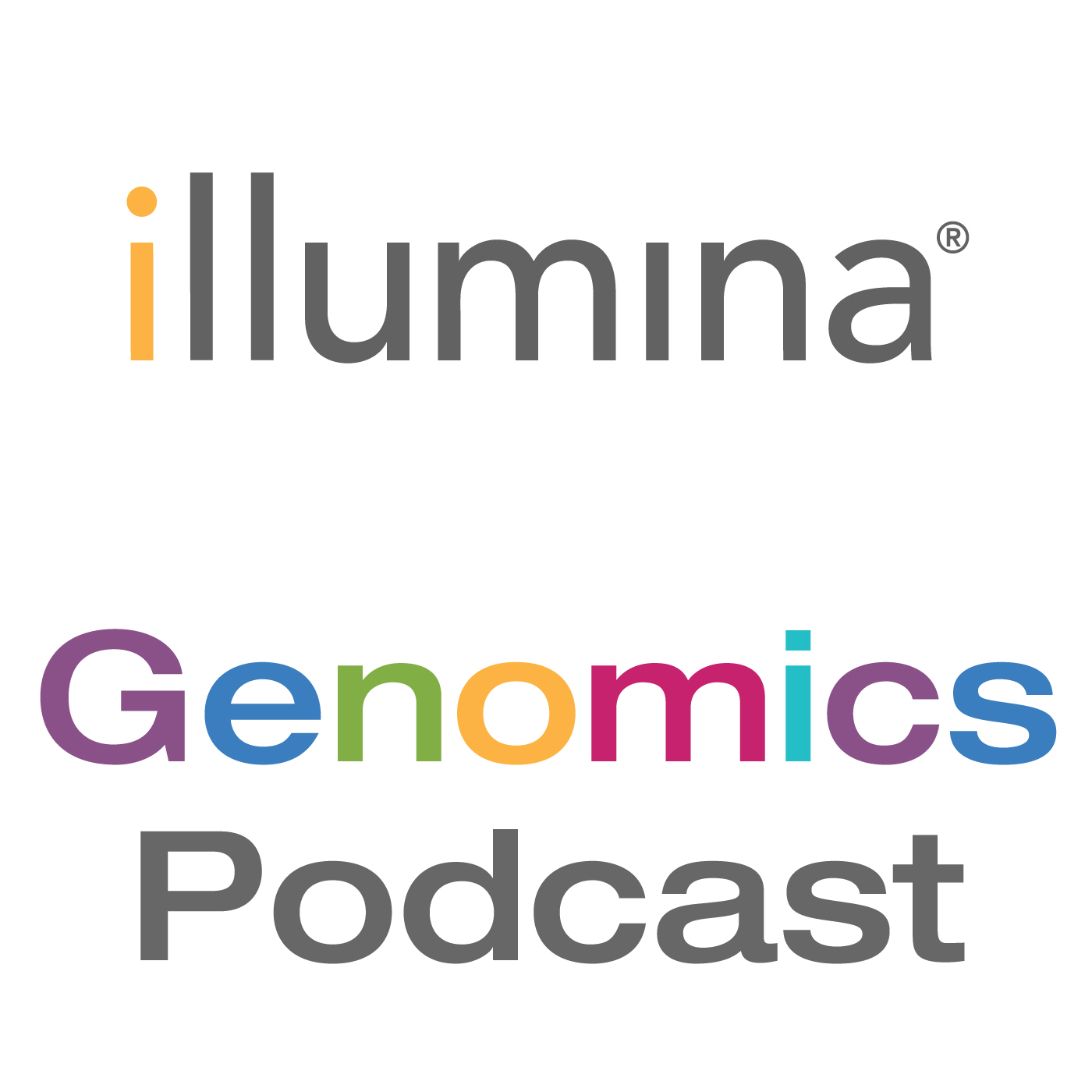Episodes
Published 04/18/24
Published 04/18/24
Published 04/18/24
Published 04/10/24
Published 04/10/24
Published 04/10/24
Published 04/26/23
Published 04/03/23
Published 11/11/22
Published 11/11/22
Dr. Ronald Leopold discusses implementation of pharmacogenomic screening in the healthcare industry. The conversation explores barriers to pharmacogenomic (PGx) program adoption, the future of precision medicine, and a paradigm shift away from reimbursement to value-based healthcare.
Published 04/26/21
Published 04/26/21
Why does a medication effectively “cure” one patient while having little to no effect, or worse, an adverse effect, on another? The answer may be found in our genome. Pharmacogenomics research aims to understand how genetic variations affect responses to medications, and can provide vital information for physicians as they choose a therapy regimen and prescribe dosage. Dr. Howard McLeod shares his thoughts on pharmacogenomics and the future of precision medicine.
Published 04/21/21
Robert Schlaberg and Lauge Farnaes from IdByDNA join us in a two-part interview to talk about the evolution of metagenomics technology. In the first part of this interview, the discussion focuses on the application of metagenomics on infectious diseases in the clinical realm.
Published 04/01/21
Robert Schlaberg and Lauge Farnaes from IdByDNA join us to talk about the evolution of metagenomics technology. The is the second half of their interview, where the focus shifts towards the application of metagenomics in facing the threat of emerging pathogens
Published 04/01/21
Christopher Mason from Weill Cornell Medicine discusses his multifaceted approach to the urgent need for testing when the COVID-19 pandemic broke out in early 2020. Chris also discusses finding from a paper that was published in Nature Communications this year, entitled “Shotgun transcriptome, spatial omics, and isothermal profiling of SARS-CoV-2 infection reveals unique host responses, viral diversification, and drug interactions.” (https://www.nature.com/articles/s41467-021-21361-7).
Published 03/16/21
Although Africa is the continent with the highest amount of genetic diversity, it is underrepresented in global genomic databases. H3Africa is one of several initiatives, founded in 2010, that responded to the challenge of narrowing this gap. To discuss their efforts at H3Africa, we are joined by Zané Lombard Professor at the University of the Witwatersrand in Johannesburg, South Africa, and Neil Hanchard at the Baylor College of Medicine in Houston, TX.
Published 03/01/21
Although most developmental genes are silenced in adult somatic cells, some can be reactivated in cancer cells and promote tumor growth. Listen to Dr. Guo-Liang Chew of the Cancer Science Institute of Singapore discuss the discovery of a novel role for developmental genes in regulating the immune response to cancer.
Published 09/03/20
Whole genome sequencing can help diagnose genetic diseases in days and holds the promise of helping parents avoid months or years of inconclusive tests. Listen to Dr. Vandana Shashi of Duke University and Kimberly LeBlanc of the Undiagnosed Diseases Network and learn how whole genome sequencing can short-circuit the diagnostic odyssey for patients with rare diseases.
Published 05/13/20
Whole genome sequencing has the potential to supplant the traditional stepwise approach to genetic testing, but standard laboratory guidelines and clinical best practices are critical for implementing the technology. Listen to Dr. Christian Marshall of The Hospital for Sick Children explain how laboratory and clinical best practices can help enable whole genome sequencing for diagnosing genetic diseases.
Published 05/11/20
There are approximately 7000 rare diseases that affect three to six percent of the world’s population, and seventy percent of these are genetic. Genomics can help unlock the links between an individual’s genome and rare disease. Listen to Dr. Madhuri Hegde of PerkinElmer Genomics explain how whole genome sequencing can improve the diagnostic yield for rare diseases.
Published 05/06/20
Genetic diseases are the leading cause of death among infants that are hospitalized in intensive care, and an estimated four percent of newborns in North America may be affected. Listen to Dr. Shimul Chowdhury of Rady Pediatric Genomic and Systems Medicine Institute explain how rapid whole genome sequencing can help pinpoint the causes of rare diseases in children.
Published 04/29/20
Behavioral medicine holds the promise of helping scientists better understand how genomics outputs impact on individuals and their lives. Listen to Professor Catharine Wang of Boston University explain her research on how individuals adopt new health technologies, including genomics and molecular diagnostics.
Published 04/22/20
Invertebrates make up 95% of all animal species. They’ve been around for hundreds of millions of years and help to maintain the health of our planet. Listen to Professor Gonzalo Giribet of Harvard College and the Harvard Museum of Comparative Zoology explain how genomic and morphological data from living and extinct animals is helping scientists to better understand invertebrate evolution and diversity.
Published 04/01/20
Structural variants are relatively large changes in DNA sequence across the genome, and they play a significant role in human disease. Listen to Dr. Michael Talkowski of Massachusetts General Hospital and Harvard Medical School explain how genomics is helping us to understand the biology of DNA structural variation and its impact on human developmental and psychiatric disorders.
Published 03/19/20


